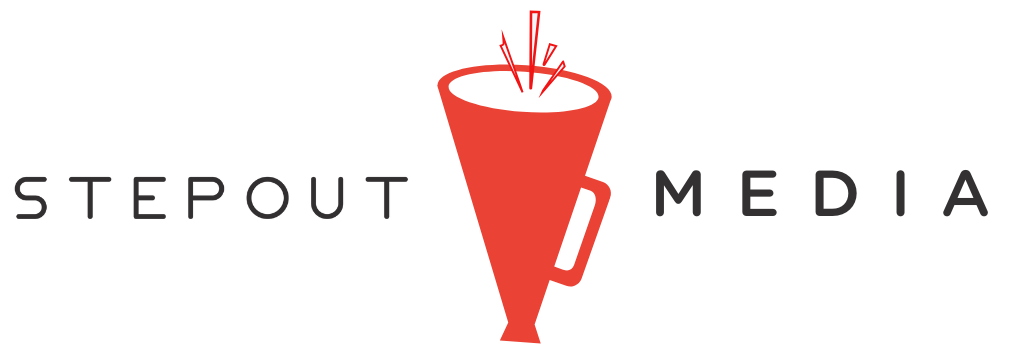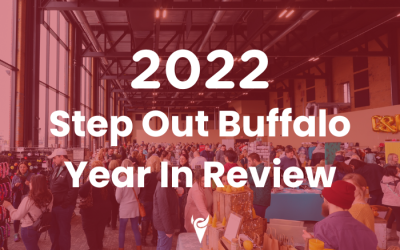This post was written by Emily Martin, Owner of Ally HR Partners LLC
Cheers to a new employment year! To ensure that you check all the required compliance boxes before the big ball drops, we’ve put together an essential list below of what needs to get done as your business transitions from 2022 to 2023.
We’ve made you this list, now check your practices twice, so you’re not found to be naughty, but instead to be nice!
Annual Sexual Harassment Training Completed
Handbook Updates Completed:
- Electronic Monitoring Notice Requirement
- PFL “sibling” addition to eligible family members
- Addition of NYS Sexual Harassment hotline number: 1-800-HARASS-3
- Nursing mothers/lactation rights expansion (Per NYS law passed in December 2022)
- Ally HR Best Practice Suggestion: General Leave of Absence policy with outlined and documented
- procedure, requirements for all leave types)! More here.
- Ally HR Best Practice Suggestion: Inclement weather planning and protocol (travel, bans, remote work
- eligibility vs. requirement, use of Paid time off, etc.)
- Ally HR Best Practice Suggestion: Remote Work Policy (eligibility, requirements, etc.)
Electronic Posting Requirement met
All required employment posters now must be posted physically onsite, but also electronically via email or through an employee website.
NYS Retirement Saving Requirement Reviewed for compliance
If you are an employer with 10+ employees, if you have not implemented plans to comply with NYS’ requirement to provide a retirement saving account for employees, you should prepare to comply with this in 2023.
Heightened “Protected Activity” protection awareness
With enhanced protections and oversight at the federal level regarding protected activity associated with unionizing, and general employee rights, employers should make sure all policies, but more importantly real-life practices (Manager behavior), is aligned with what is legal and not to avoid claims or violations. Read more here.
Independent Contractor (freelancer) required NYS agreements are being used
Minimum wage Updates (by 12/31/22):
- Hourly:
- Regular Minimum Wage (WNY): $14.20/hr
- Tipped Minimum (food service) (WNY): $9.35/hr
- No change beyond $15/hr in other parts of NYS.
- Exempt (Salaried) Minimum:
- WNY: $55,341 annually ($1,064.25 weekly)
- No changes to the salary minimum outside of WNY for NYS
- Completed Wage notices for pay rate changes
- For minimum wage increases or any other increases made this year, wage notices must be completed and distributed (performance, cost of living, etc.)
Ally HR Best Practice: Review all your payroll and time practices. Hot targeted topics:
- Misclassifications:
- Independent Contractors: With new changes again to the independent contractor test, should you consider converting your ICs to employees in 2023?
- Exempt v. Non-exempt Employees: with the change to the salary minimum, and in consideration of heightened scrutiny in this area when it comes to the additional job duty requirement, should you consider converting “border-line” positions from salaried to hourly? Learn more here.
- Time tracking practices: With audits and claims potentially set to hir record proportions in 2023 thanks to increased Federal oversight, are you sure all your practices around meal periods, recording time worked, etc. are tight when it comes to accuracy and compliance? More info here.
- Payroll Calculations: related to the above, are you confident you’re meeting all nuance requirements around required pay frequencies, special overtime calculation rules, tip sharing rules, etc.
- Expense Reimbursements: With increased lawsuits in NYS regarding required expense reimbursements owed to employees, highlighted by a larger number of employees working out of their homes, are you sure you’re reimbursing employees for all required expenses for things like internet costs, phone bills, etc.?
You can watch an in-depth webinar that dives deeper into all of these topics for 2023 here!
Note: This list is not intended to be exhaustive of all employment law updates in 2022 going into 2023, especially specific to industries, federal contractors, other states, etc. For a complete review of what has changed and what is required for your business, we recommend seeking additional professional guidance, which we are happy to provide!

This post was written by Emily Martin, Owner of Ally HR Partners LLC, a Buffalo-based HR consulting firm that helps small businesses identify and implement custom solutions to their people problems and opportunities. Often a business’ #1 expense, Ally HR Partners believes your people should be your #1 asset. Through an integrative partnership approach, Ally becomes your internal expert on all things HR including compliance assurance, performance management, and strategic HR initiatives designed to make the most out of your Human Capital. For more information about how Ally can work for you, visit AllyHRPartners.com
















